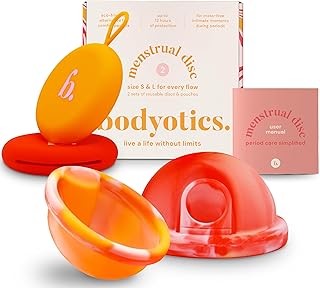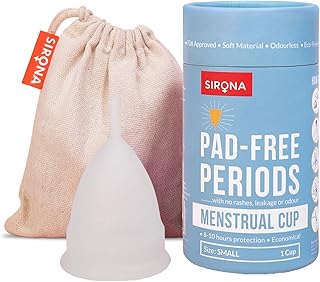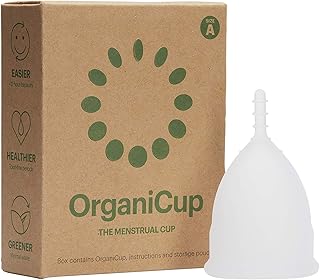Women’s health products have evolved significantly, offering a variety of sustainable choices that cater to both menstrual care and intimate health. Brands like Nixit have responded to the demand for eco-friendly solutions by introducing menstrual cups, washes, and wipes. The founder, Rachael Newton, launched Nixit with a mission to reduce period waste, emphasizing the environmental impact of disposable menstrual products. Nixit’s commitment to sustainability is evident in its plastic-free packaging and partnerships with charitable organizations like Twelve Donations, which provides free menstrual products to marginalized communities.
Addressing the issue of period poverty, Nikita Parmar founded Bodyform to offer premium yet affordable period products. With a focus on accessibility, Bodyform provides pads, panty liners, and disposable period underwear at budget-friendly prices, aiming to combat the barriers faced by many women in accessing essential menstrual care. Parmar’s initiative not only addresses period poverty but also advocates for the availability of free period products in public spaces like schools and institutions.
Organic and natural options are gaining traction in the market, with brands like Good Clean Love and OrganiCare leading the way in providing clean and effective solutions for women’s health. Good Clean Love’s range of lubricants, including popular products like Almost Naked and BioNude, cater to women seeking chemical-free alternatives for intimate care. Similarly, OrganiCare’s FemiClear brand offers treatments for conditions like bacterial vaginosis and genital herpes, prioritizing efficacy and natural ingredients in their products.
While these sustainable period products are making waves in the industry, the distribution channels play a crucial role in reaching consumers. Good Clean Love’s presence in over 50,000 retail locations and online platforms reflects the increasing demand for women’s health products. Similarly, OrganiCare strategically positions its offerings in stores’ feminine hygiene sections, emphasizing the importance of product placement in driving sales and brand visibility.
For Nixit and Bodyform, the challenge lies in balancing price points with product accessibility. Nixit aims to expand its reach beyond online sales, targeting mainstream retail outlets to make menstrual cups more widely available. Bodyform’s affordable product range faces resistance from some drug stores due to competition with private labels, highlighting the complexities of market penetration for sustainable period products.
As the industry continues to evolve, the emphasis on sustainability, accessibility, and efficacy remains paramount for brands catering to women’s health needs. With a growing awareness of environmental impact and period poverty, consumers are increasingly turning to sustainable period products that not only meet their health requirements but also align with their values and preferences.
📰 Related Articles
- Charity Fights Period Poverty in Rural Cambodia with Sustainable Solutions
- Addressing Period Poverty: Empowering Girls Through Menstrual Health Education
- World Health Assembly Urges Nations for Sustainable Financing Solutions
- Unhealthy Mayonnaise Brands to Avoid for Better Health
- Ugandan Girls Struggle with Period Poverty, Missing School






